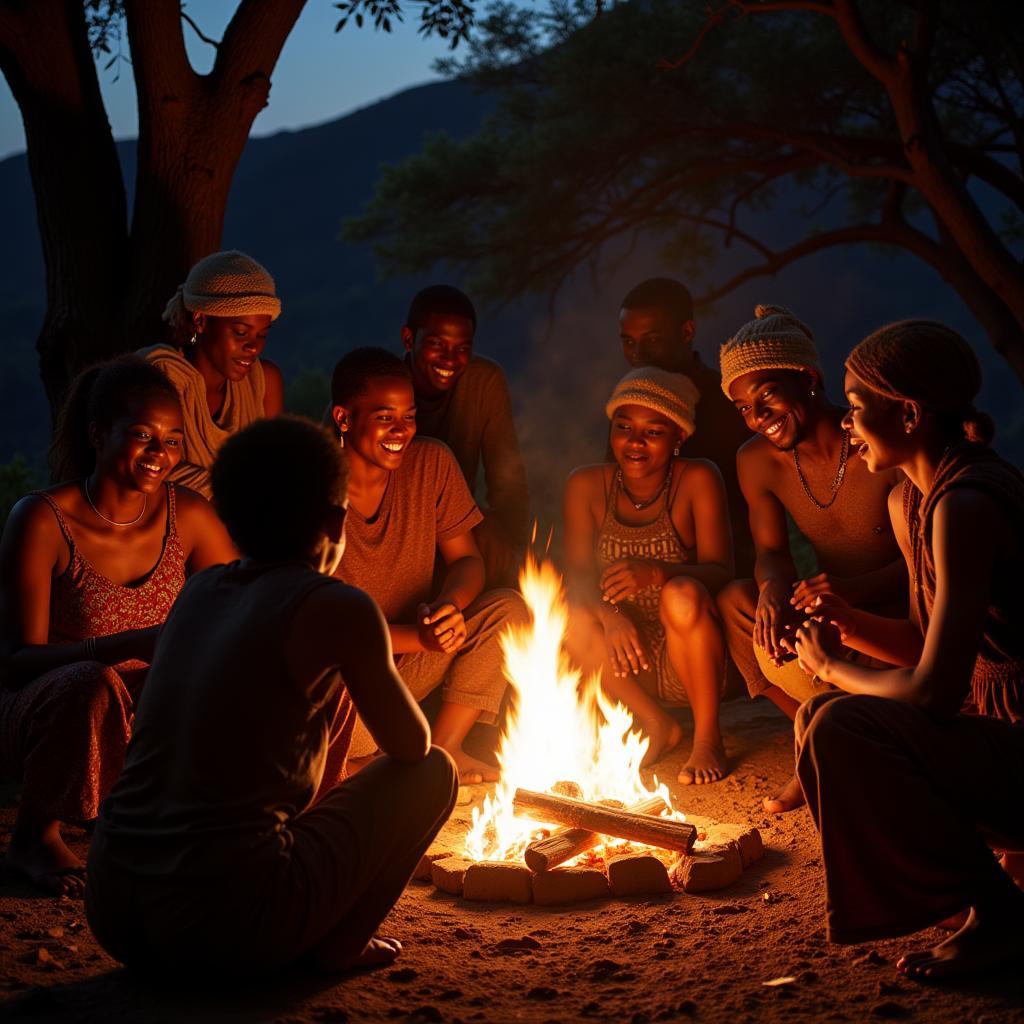African Birds and Animals: A Safari Through Biodiversity
Africa, a continent teeming with life, boasts an astonishing array of birds and animals. From the vast savannahs to the dense rainforests, the diverse ecosystems support an unparalleled wealth of wildlife. This abundance showcases the intricate web of life and the remarkable adaptations that allow creatures to thrive in various environments.
Africa is home to some of the world’s most iconic animals. The “Big Five” – lion, elephant, buffalo, leopard, and rhinoceros – draw visitors from around the globe, eager to witness their majesty in person. But beyond these well-known creatures, a multitude of other fascinating mammals roam the continent. From the elusive cheetah, the fastest land animal, to the playful meerkats of the Kalahari Desert, each species contributes to the continent’s rich biodiversity.
Exploring the Avian Wonders of Africa
The avian world of Africa is equally captivating. The continent boasts over 2,300 bird species, many of which are found nowhere else on Earth. From the majestic African fish eagle, with its distinctive call echoing across lakes and rivers, to the colorful array of sunbirds flitting amongst the blossoms, birdwatching in Africa is an unforgettable experience. The vibrant plumage of species like the lilac-breasted roller and the striking appearance of the secretarybird, with its long legs and crane-like stature, add to the visual splendor. African fisher birds are a unique group adapted to hunting in aquatic environments.
The Interplay of Animals and their Habitats
The distribution of African Birds And Animals is intricately linked to the continent’s varied habitats. The savannas, with their open grasslands and scattered trees, support large herds of grazers like zebras and wildebeest, which in turn attract predators such as lions and cheetahs. African animals and birds coexist in a complex ecological balance. The dense rainforests, on the other hand, are home to a diverse range of primates, including gorillas, chimpanzees, and monkeys, as well as a plethora of colorful birds and insects. Even seemingly barren deserts, like the Namib, support specialized wildlife adapted to the harsh conditions.
What are the Key Conservation Challenges?
Habitat loss, poaching, and climate change pose significant threats to African wildlife. Protecting these creatures and their habitats is crucial for maintaining the continent’s biodiversity for future generations. Conservation efforts, including the establishment of national parks and reserves, play a vital role in safeguarding these precious ecosystems. Organizations and individuals are working tirelessly to combat these threats and ensure the survival of these magnificent creatures.
Conclusion: Preserving Africa’s Natural Heritage
The incredible diversity of African birds and animals is a testament to the continent’s rich natural heritage. From the iconic “Big Five” to the lesser-known but equally fascinating species, these creatures captivate and inspire. By understanding the importance of conservation and supporting efforts to protect these animals and their habitats, we can ensure that future generations can continue to marvel at the wonders of African wildlife. African feather grass is even important to the ecosystem. Remember, the future of these animals is intertwined with our own.
FAQ
- What is the “Big Five”? The “Big Five” refers to the lion, elephant, buffalo, leopard, and rhinoceros.
- What is the fastest land animal in Africa? The cheetah.
- What are some threats to African wildlife? Habitat loss, poaching, and climate change.
- What is the significance of African wildlife conservation? Conservation ensures the survival of these species and maintains biodiversity.
- Where can I learn more about African ghost crabs? Check out this article about African ghost crab.
Interested in learning more about specific African animals? Explore our website for articles on fascinating creatures such as the African bullfrog facts.
When you need support, please contact Phone Number: +255768904061, Email: [email protected] Or visit our address: Mbarali DC Mawindi, Kangaga, Tanzania. We have a 24/7 customer support team.
